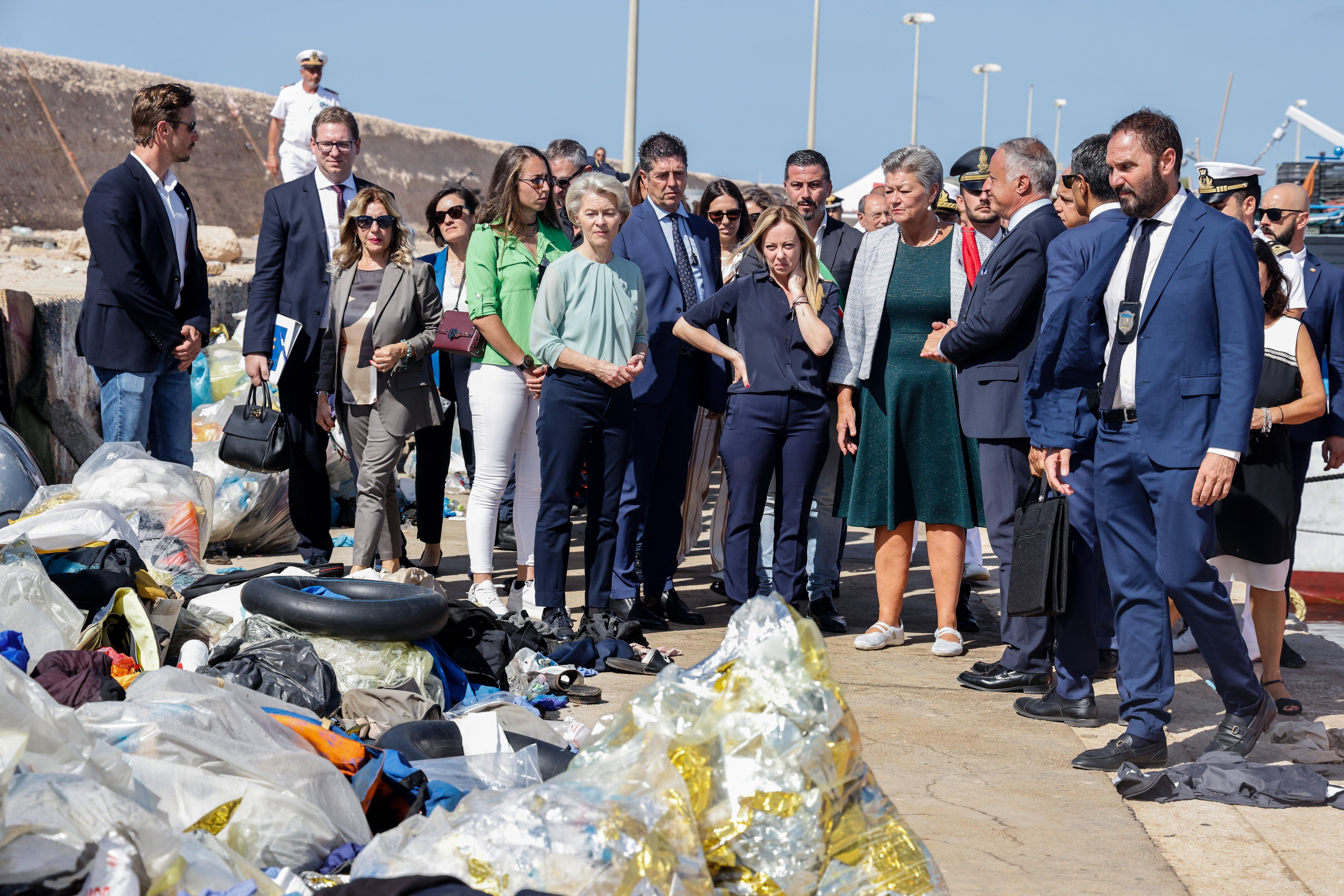250,000: EU migration ministers have reached a historic preliminary deal that would see frontline states move migrants – specifically those arriving in large numbers due to acute crises like war or climate disaster – to other EU states for processing. This comes after EU officials said that 250,000 people had entered the bloc so far this year through illegal migration routes. The agreement still needs to be passed by the EU Parliament.
0.8: The World Trade Organization has downgraded its export growth target for the year to 0.8%, down from a 1.7% forecast in the spring. Stubborn inflation, China’s economic woes, and supply chain kinks exacerbated by Russia’s war in Ukraine are pummeling manufacturing industries. How do we make sure that global trade is fair, particularly for debt-burdened states in the Global South? Ian Bremmer discussed this with WTO chief Ngozi Okonjo-Iweala on the latest episode of GZERO World. Watch here.
4: On Thursday, four Brazilian doctors were shot – three fatally – on a Rio de Janeiro beach while visiting the city for an orthopedic conference. There’s speculation that the attack was politically motivated because one victim was the brother of a federal lawmaker who is also married to another lawmaker. Both belong to the same leftist party as former Rio city councilor Marielle Franco, who was gunned down in a still-unresolved crime in 2018.
20.92: The earth's average ocean temperature reached 20.92 degrees Celcius (69.66 Fahrenheit) in September, the second-highest figure ever recorded... after this August. It's the fourth month in a row of record-breaking global temperatures, and the unignorable deterioration of climactic conditions prompted Pope Francis to directly name and shame the United States and major fossil fuel producers for exacerbating the crisis and call out the hypocrisy of hosting the UN's marquee climate conference in the United Arab Emirates in an update missive on the environment.
10 million: There are just a few more days to cast your vote for the Fat Bear Week competition, where betting and mammal enthusiasts alike tune in to watch brown bears of Alaska's Katmai National Park gather along the Brooks River to catch salmon swimming and stock up for the winter. In 2022, more than 10 million people tuned in to the livestream. So who is the favorite? A 70lb (31kg) one-year-old cub known as 806 Jr.
